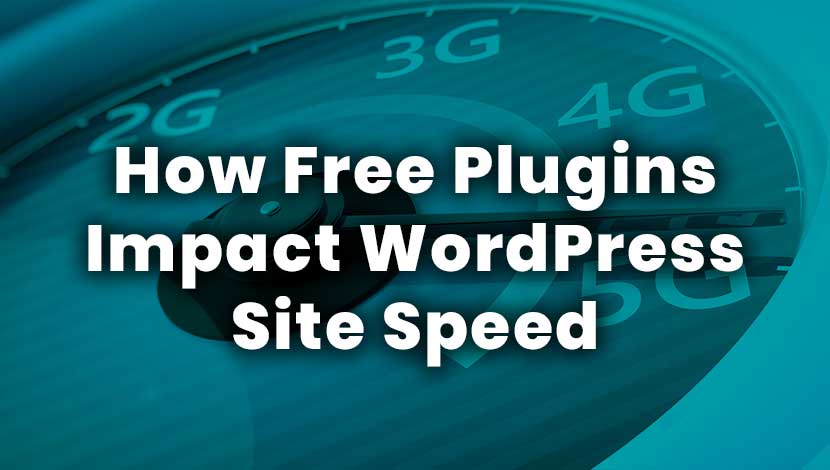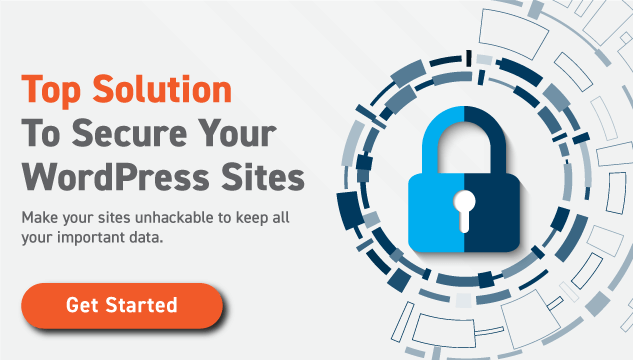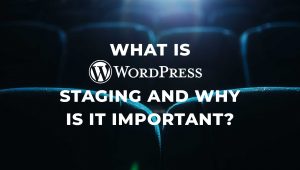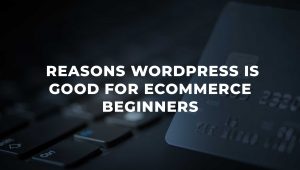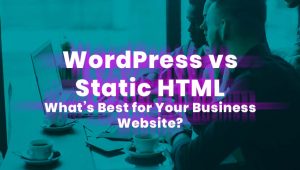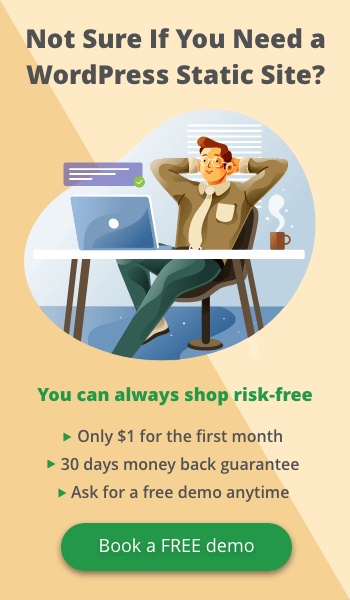When you’re a newbie (especially if you’re new to creating PBNs), people love to tell you that “running lots of free plugins will slow down your website”, but that’s not exactly accurate.
The number of plugins on your website won’t affect your speed as much as the quality of your plugins will. Installing one terrible free plugin will slow your website to a crawl while a hundred well-crafted plugins will have your website zipping along in tiptop shape.
But if free plugins are so hit-or-miss, why do so many people use them?
Why people use free plugins:
1. They’re free!
This is the most obvious reason. Once you’ve paid for web hosting and everything else that goes into running your website, the thought of paying for plugins might be a bit too much.
2. Some free plugins are really good
Some free plugins are excellently designed. Elementor, Broken Link Checker, and Mailchimp have been easing the lives of WordPress users for years. We’re certainly not going to tell you to turn your nose up at a good plugin just because it’s free.
3. Some are made by trusted developers
Some developers have built a reputation of creating excellent, trustworthy plugins that enhance your WordPress website. If you’ve been a fan of a developer for a while and they’ve released a useful plugin that happens to be free, downloading is unlikely to harm or slow down your website.
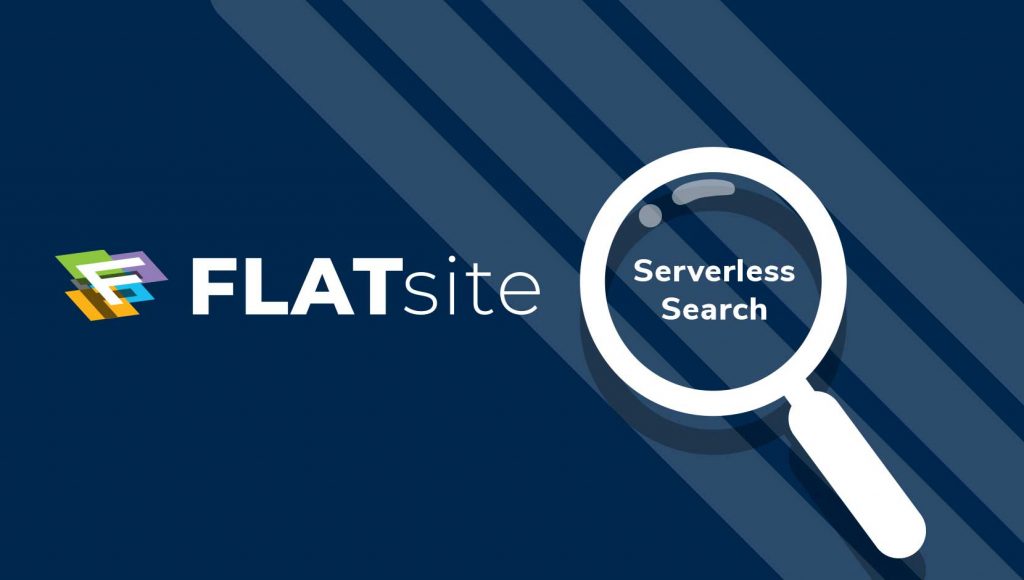
FLATsite has a few free plugins worth checking out too. FLATsite serverless forms and serverless search are developed and maintained by the company’s static experts.
4. Some free plugins are great for maintenance
Some people use free plugins for WordPress maintenance, but for reasons we’ll explain later, this is very dangerous. If you want to maintain your website without paying a hefty fee, try using FLATsite to deploy your WordPress website as a static site. With FLATsite, WordPress maintenance is fully automated and optimized, and you’ll never have to worry about your website slowing down or being attacked.
How to tell if free plugins are slowing down your website
If you suspect that free plugins have been slowing down your website, there’s an easy test you can do, even if you have zero tech skills. All you have to do is go to your wp-admin and deactivate every plugin from your plugin menu. Once you’ve done that, try loading your website. Does it load faster this time? If it does, you’ll know that at least one of your plugins is slowing down your website.
To find the culprits, reactivate each plugin one by one and try loading your website after each reactivation. Every time a plugin slows down your website, uninstall it for good.
If you have tons of plugins and you’re strapped for time, you can start by looking at your free plugins. Chances are it’s one of them that’s causing the problem.
How free plugins impact your site speed
Poorly designed free plugins will often have messy, bloated code, which will slow down your website. And if your free plugins add extra database queries to every single webpage, that’s even worse. Also avoid plugins that perform lots of remote requests, because those are almost guaranteed to make your website painfully slow.
Just so we’re clear, not all free plugins are bad or will slow down your website. Like we’ve said before, there are some great free plugins in the WordPress universe. The most important takeaways from this are that you should always vet your free plugins andthat if possible, you should definitely go for premium plugins.
Why premium is usually better:
1. Premium plugins offer more support
When you don’t pay for a plugin, you can’t guarantee that you’ll have help when you need it. Free plugins are usually developed as someone’s hobby. So, if you need help, you’re pretty much on your own if the developer happens to be preoccupied with something else when you reach out to them.
2. Premium plugins are better coded
Many free plugins are full of bad code that will slow down your website – or worse. But when developers make plugins they want to sell, they usually put more effort into writing clean, streamlined code.
3. Paid plugins are usually safer
Not all free plugins are made by kindly developers who want to help you on your WordPress journey. Hackers often add backdoors to free plugins and themes so they can get into your website. With premium plugins, you can be sure that you’re buying from a developer who’s staking their reputation on the quality of their plugin.
And even if the creator of a free plugin doesn’t intend to be malicious, some developers test their skills by releasing free plugins and getting feedback. This isn’t a bad thing, but sometimes, their inexperience leads to sloppy code that slows down your website.
4. Premium plugins are updated more often
If someone created a free plugin as a hobby, there’s no guarantee that they’ll keep updating it. And out-of-date plugins are often the death of WordPress websites. For one thing, a new core update could end up rendering this plugin absolutely useless, and for another thing, it might even become a security vulnerability! Better to go with a premium plugin whose developer will be incentivized to make it compatible with each core update.
Wrapping up
There’s nothing wrong with using free plugins for side projects, but if you’re serious about your website, choose premium plugins to keep your website safe and to ensure that you always get the support you need.
If you enjoyed this plugin-centric guide set up your own static WordPress site fast and easy on FLATsite. Then, crank up your website site speed even more with this WordPress speed cheat sheet.

